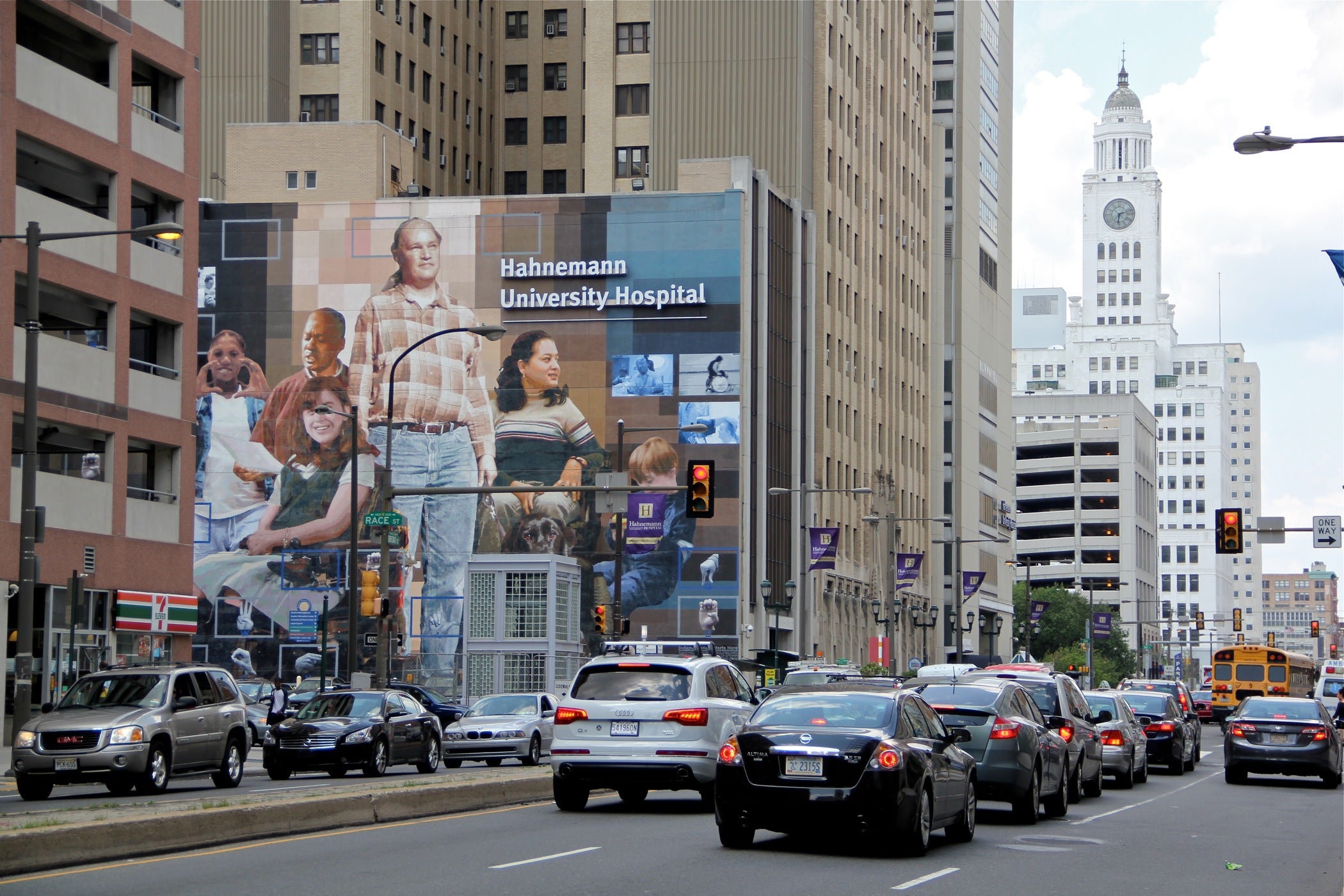Genuine question here: The resident in question here is at NYU's affiliate program at NYC's safety net hospital, Bellevue. Is NYU itself even the name on her checks or is it the NYC public hospital system? Either way, the university endowment and the hospital system balance sheets are separate issues all together. If they're going to dip into the latter, they need to prioritize subsidy for those under their umbrella whose jobs are likely to be wiped out by the pandemic so that they can put food on the table. Soon to be wealthy residents ain't that. Plus, say what you will about Langone, he sounds like a total piece of work, but he's put his money where his mouth is to help ease the financial burdens of new physicians. The other NYC institutions haven't done that.
I sure as hell am not saying she's Waggle (few people have ever risen to that level of performance), but the utter lack of skepticism of her claims of mistreatment, in some cases from people with prominent platforms are why I mentioned her and EG. (
edit: to clarify, other than the over the top self-righteousness it's not her that invites the comparison so much as everyone else's credulous "this confirms my priors" reactions to it) As
@Raryn mentioned earlier with more eloquence than I have, stories of programs being out to get residents or "retaliating" against them usually fall apart with a little scrutiny. People forget that both SW and EG had a lot of supporters when their stories first broke, and I'm sure that included plenty of people overreacting in this thread and
on reddit. Most people with even a little experience in training greet these supposed outrages with some skepticism, but then again,
that's not true for everyone.
(It is more than a little obvious that she's trying to work up her profile into a book deal someday in the near future. That's not really bad in and of itself. Danielle Ofri, who wrote one of the very few "what it's like to be a doctor" books that I didn't hate, is one of her attendings at Bellevue. Still I found it interesting that Ofri didn't back up Farrell's complaints on her own prominent social media platform.)


